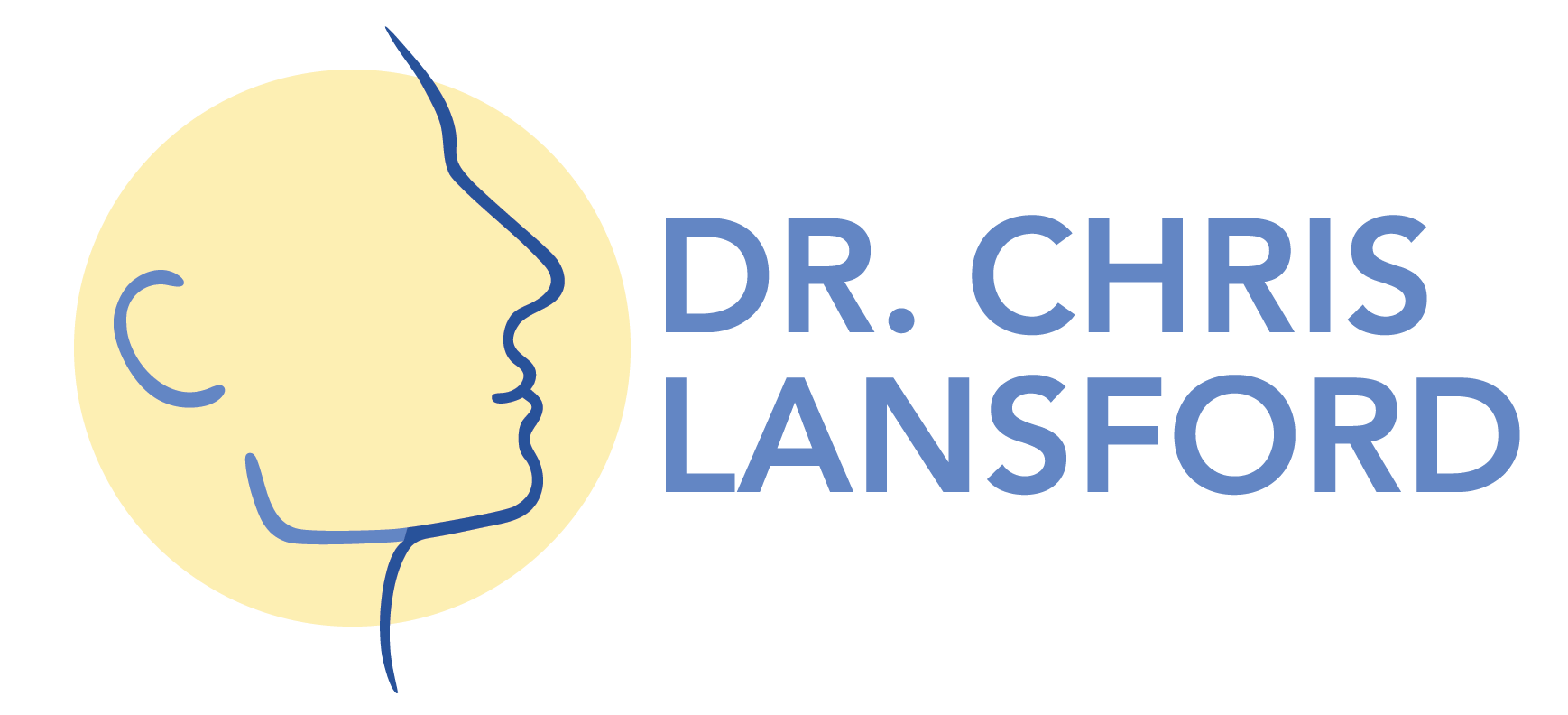How to get the most from your ear noise (tinnitus) appointment (for adults):
Tinnitus is the perception of sound when no corresponding external sound is present, also described as "phantom” sound. While often characterized as a ringing, it may also sound like a clicking, buzzing, hissing, or roaring.
Here are some suggestions for making the most of your appointment for hearing loss.
Below are some questions to obtain useful information. Providing these questions in advance may help give you time to think about the answers or obtain the information. It is ok not to have all of the answers. Just do your best.
Which ear(s) are affected? R L
Which ear has worse tinnitus? R L neither
When did you notice the tinnitus?
Many years ago. A few years ago. A few months ago. Within the past few weeks. Other:__________
What was the onset of the tinnitus?
Gradual and progressive. Sudden, after a specific event: (specify)________ I woke up with it one day. Other:_________
Do you have hearing loss in either ear? R L both neither
Is the tinnitus like a pulse (or heartbeat) in either ear? R L both neither
Do you experience vertigo (a spinning type of dizziness)? Y N
Do you have drainage of fluid from either ear? R L both neither
Do you have pain in either ear? R L both neither
In order to understand the degree to which tinnitus affects you, please print and complete this tinnitus handicap index.
Bring with you any potentially relevant healthcare information. If you have seen anyone else for this or a related condition, the reports and images from prior work may well not be readily available to Dr. Lansford during your visit, unless they are from Christie Clinic, Bromenn, or OSF. Unless they are coming from Christie Clinic, Bromenn, or the OSF system, please hand-carry to your appointment the following items:
• Any prior hearing tests you have had.
• Any prior operative or clinic notes relevant to this condition. You can get these from the medical records department of the hospital or clinic where you were seen previously.
Bring a list of your current medications (prescription and non-prescription) and their doses. If it is easier, you could bring in your current medications, and we can get the names and doses from the bottles.
Bring your medical insurance card and be prepared for your copay.
Also, in case you have to wait, it is a good idea to bring with you something to do, such as your phone, iPad, or a book. Bring a notepad and paper if you might wish to take notes. Bring a family member or friend if you wish to have another “set of ears."

